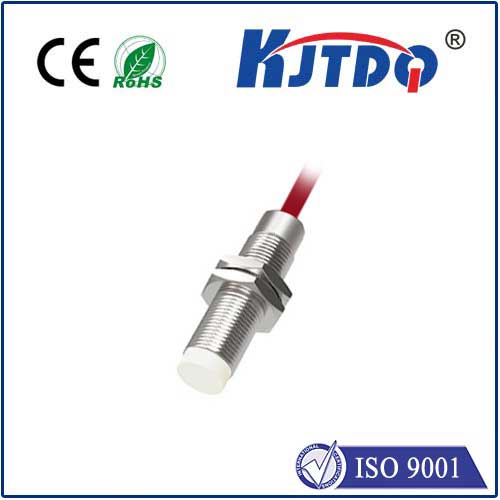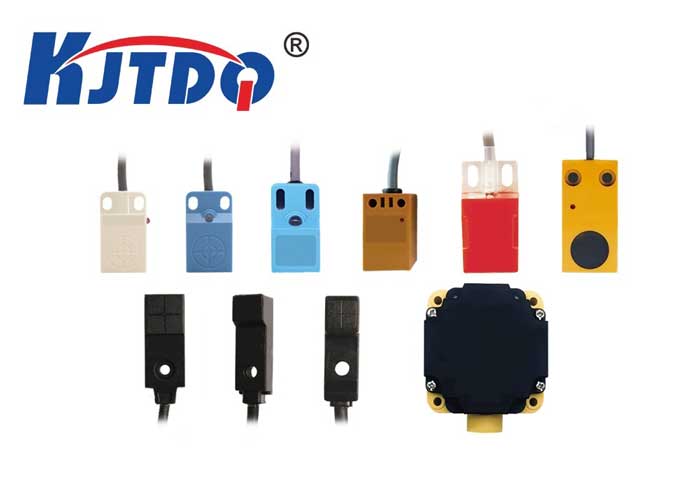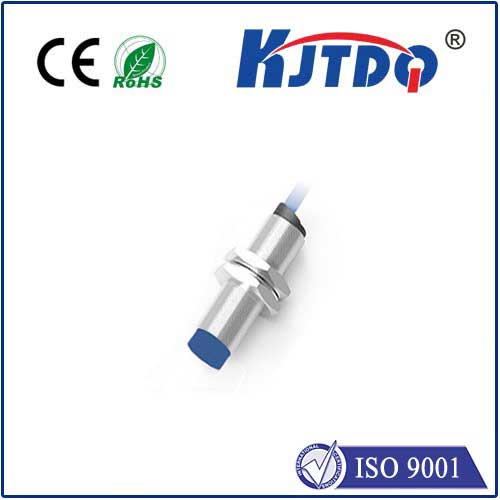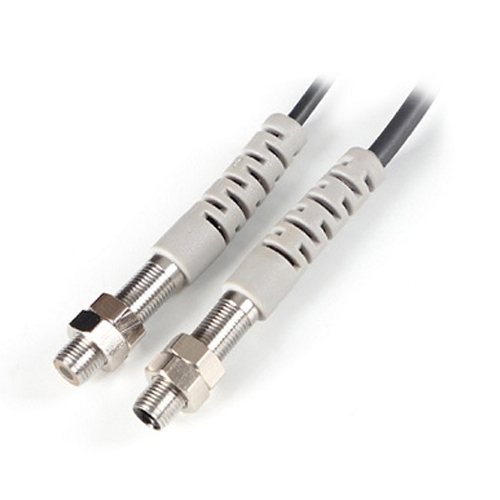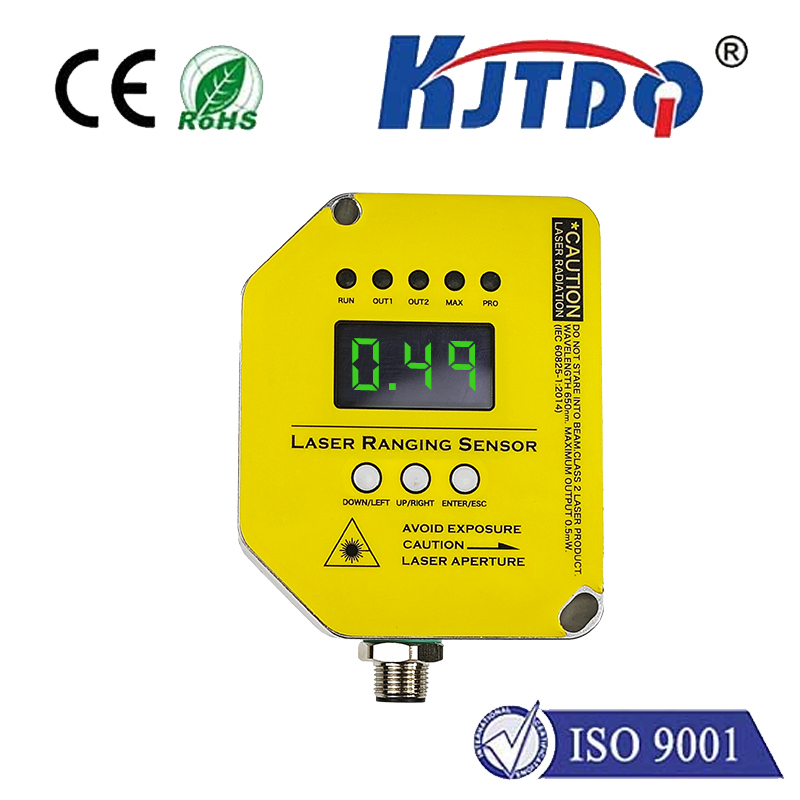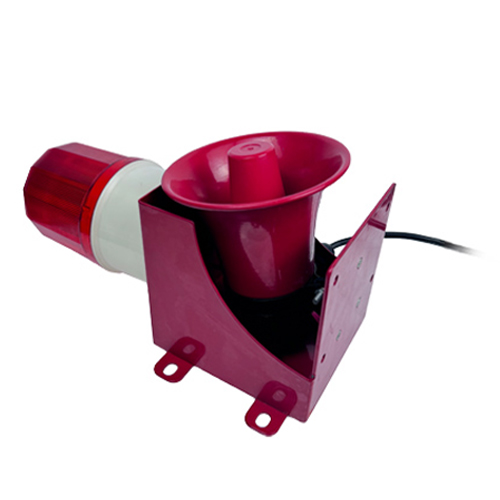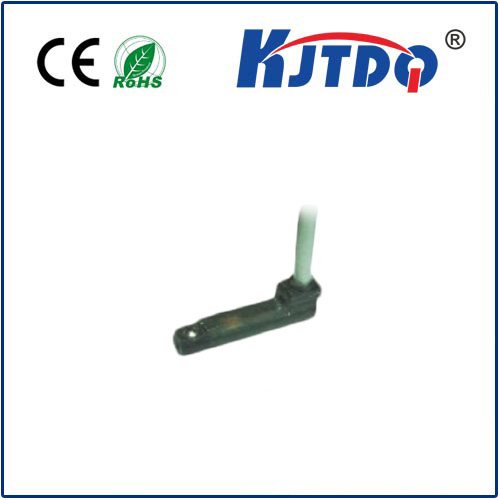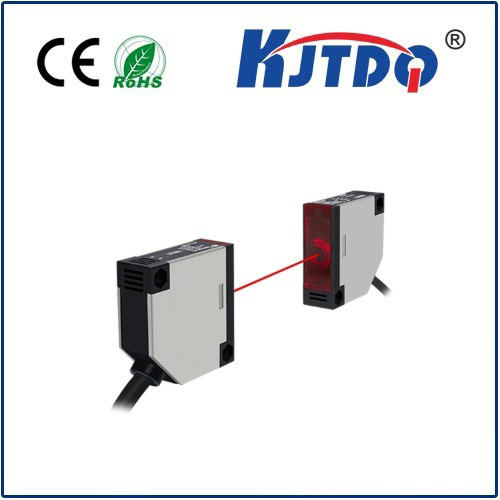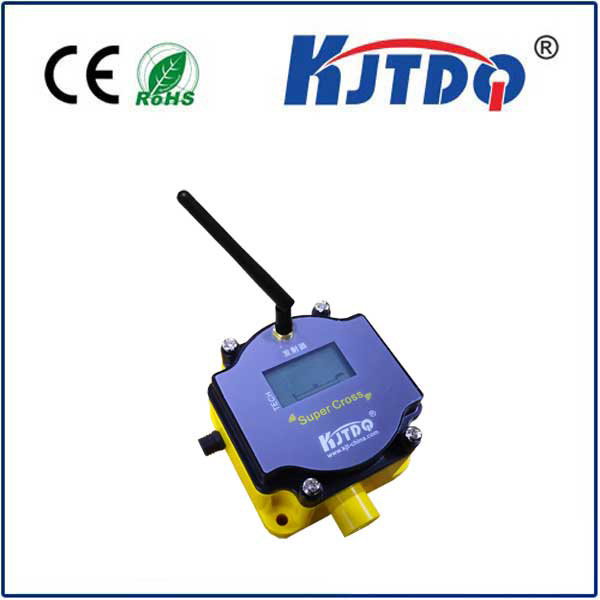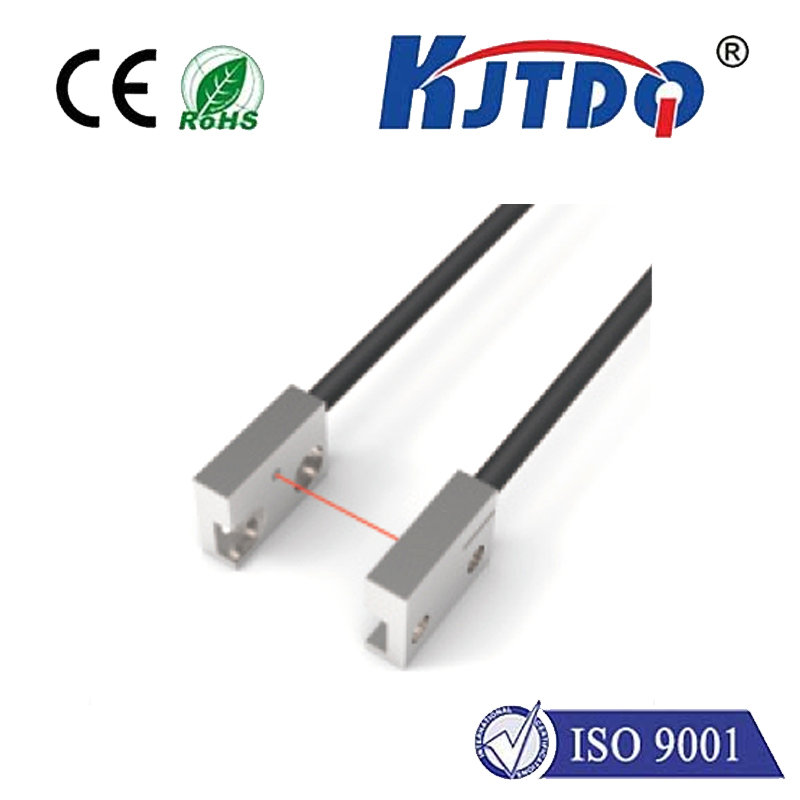

check

check

check

check

check

check

check

check

check

check

Title: Revolutionizing Precision with Laser Measurement Sensors Introduction In the ever-evolving landscape of technology, precision and accuracy have become paramount in various fields, from industrial applications to scientific research. One tool that has been at the forefront of this revolution is the laser measurement sensor. These sophisticated devices have redefined the boundaries of measurement capabilities, offering unparalleled precision and efficiency. In this article, we will delve into the world of laser measurement sensors, exploring their functionality, applications, and the benefits they bring to modern industries. Understanding Laser Measurement Sensors At its core, a laser measurement sensor is a device that utilizes laser light to measure distances, dimensions, or changes in position with extreme accuracy. By bouncing a laser beam off a target and analyzing the reflected light, these sensors can determine the exact distance to the target within a fraction of a millimeter. This non-contact method provides several advantages over traditional measurement techniques, making it an ideal solution for various high-precision applications. Applications Across Industries The applications of laser measurement sensors are vast and diverse, spanning across multiple industries and sectors. In manufacturing, these sensors are employed for dimensional metrology, ensuring that parts and products meet stringent quality control standards. They are also used in robotics for precise positioning and navigation, enabling robots to perform complex tasks with high accuracy. In the automotive industry, laser measurement sensors play a crucial role in the development and testing of vehicles. They are used to measure body panels, gaps and flushness, tire profiles, and more, ensuring that vehicles are built to exacting specifications. Additionally, they are utilized in crash testing to measure vehicle deformation and assess safety features effectively. Healthcare is another field where laser measurement sensors have found utility. They are employed in medical imaging and diagnostics, providing doctors with accurate measurements and visualizations of internal body structures. This technology is particularly valuable in orthopedics, where precise measurements of bones and joints are essential for surgical planning and assessment of therapeutic outcomes. Benefits and Advantages The adoption of laser measurement sensors offers numerous benefits and advantages over conventional measurement methods. Firstly, their non-contact nature eliminates the risks associated with physical probes, such as potential damage to delicate components or contamination of sterile environments. This makes them suitable for use in sensitive industries like electronics, semiconductor manufacturing, and pharmaceuticals. Secondly, laser measurement sensors provide real-time data with high-speed data acquisition capabilities, enabling operators to make immediate decisions based on accurate information. This leads to increased productivity and reduced downtime in production processes. Furthermore, these sensors require minimal maintenance and are less susceptible to environmental factors such as vibration and temperature fluctuations, ensuring reliable performance in harsh operating conditions. Conclusion In conclusion, laser measurement sensors have emerged as indispensable tools in various industries due to their exceptional precision, versatility, and reliability. Their ability to measure dimensions and distances accurately and efficiently has revolutionized numerous applications across different sectors. As technology continues to advance, we can expect further innovations in this area, expanding the horizons of what is possible and opening up new opportunities for improved accuracy and efficiency in measurements.
